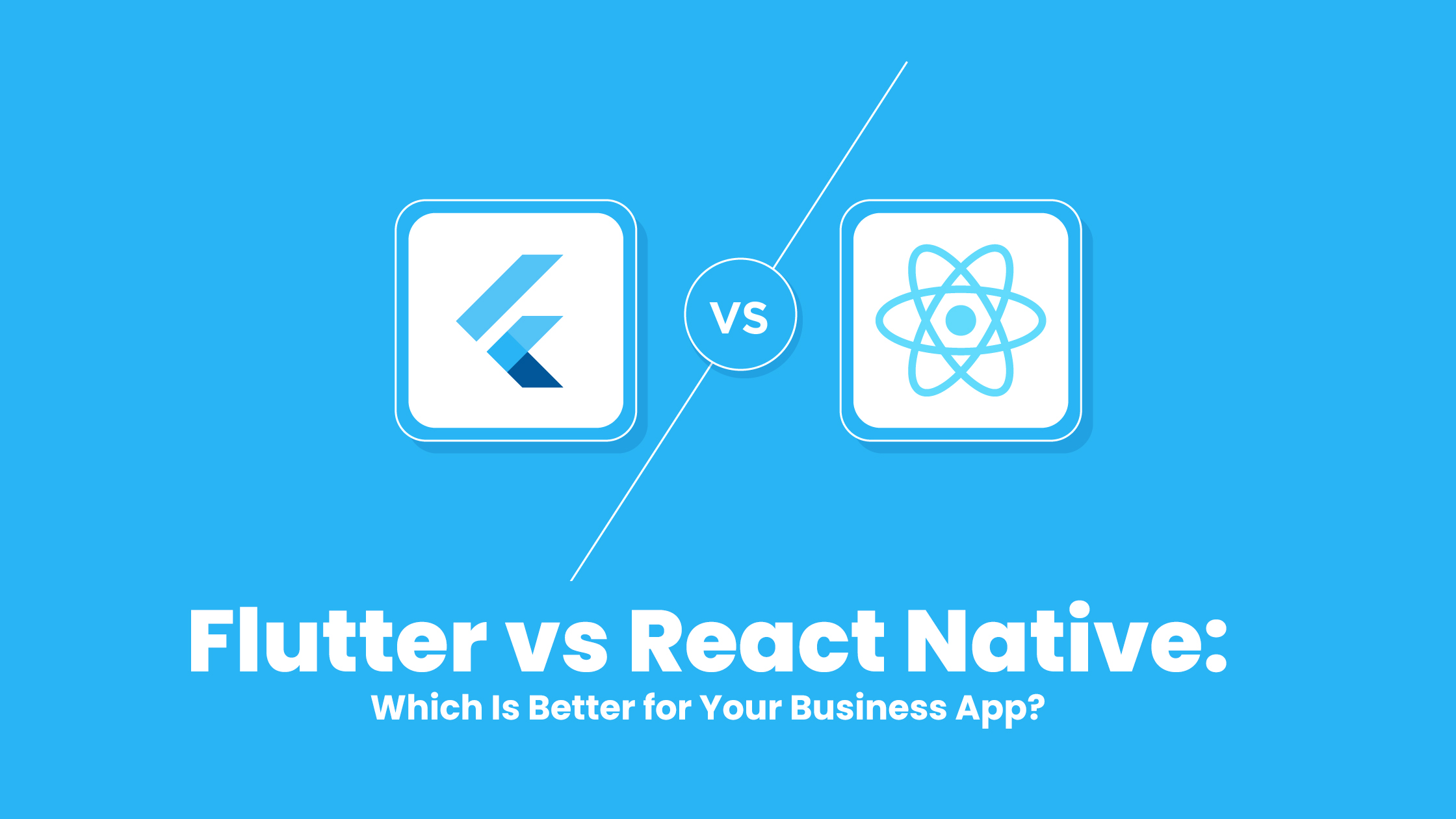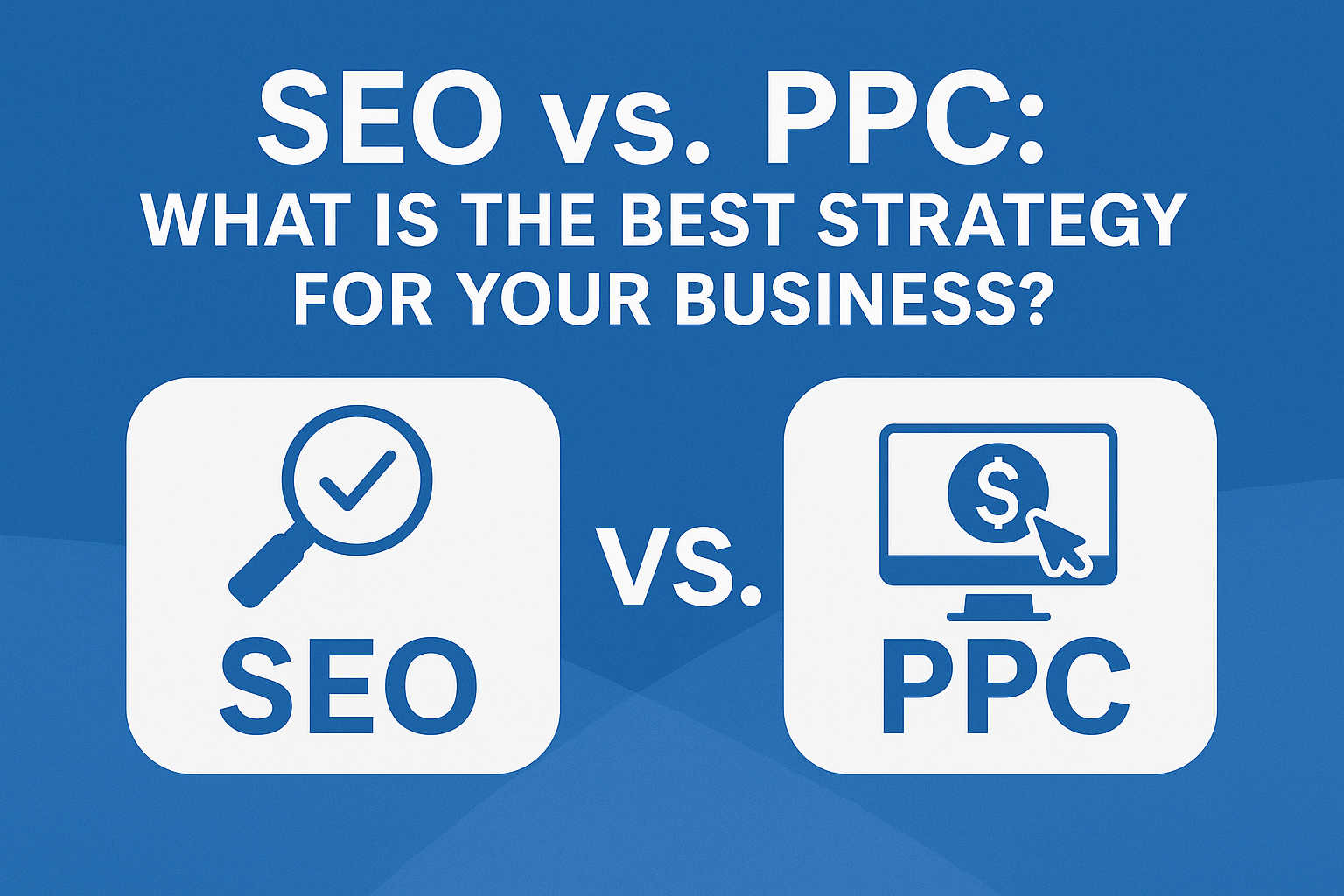
Businesses often face a critical decision regarding mobile app development: which framework to choose? Two of the most popular cross-platform frameworks in today’s tech ecosystem are Flutter and React Native. While both allow for the development of high-performing apps for iOS and Android from a single codebase, they offer unique features and cater to different business needs. In this blog, we’ll dive deep into the comparison between Flutter and React Native and help you decide which one is better for your business app.
At Excellis IT, we offer top-tier solutions in both frameworks with experienced Flutter Developers in Kolkata and options to Hire React Native Developers who deliver scalable and secure applications.
Overview of Flutter and React Native
Flutter
Flutter is an open-source UI software development kit (SDK) developed by Google. It uses the Dart programming language and provides a widget-based architecture. Flutter is praised for its beautiful UI, consistent performance, and strong support from Google.
React Native
React Native, developed by Facebook, is another popular framework allowing developers to write JavaScript applications. It bridges native APIs using JavaScript and React, making it a favorite for developers already comfortable with web technologies.
Performance
Flutter
Flutter compiles native ARM code, which results in faster performance, smoother animations, and reduced loading times. Its rendering engine (Skia) redraws the UI every frame, ensuring high-performance visuals.
React Native
React Native uses a bridge between JavaScript and native modules, which can sometimes create performance bottlenecks, especially in graphics-intensive applications. However, for standard apps, the difference might not be noticeable.
Verdict: If performance is your priority, Flutter has the edge.
UI and Customization
Flutter
Flutter comes with a rich set of pre-designed widgets, allowing complete control over every pixel on the screen. This makes it easier to create custom, branded UI/UX.
React Native
React Native relies more on native components. Customization may require the use of third-party libraries or custom native code.
Verdict: Flutter is ideal if your app demands a unique, polished, and highly customized user interface.
Developer Ecosystem and Community
Flutter
While Flutter’s community is growing rapidly, it’s still younger than React Native. However, Google’s backing has ensured robust documentation and continuous improvements.
React Native
React Native has a larger and more mature community. It benefits from extensive third-party libraries, plugins, and community-driven support.
Verdict: React Native wins regarding community size and resource availability.
Development Time and Learning Curve
Flutter
Flutter uses Dart, which may be unfamiliar to many developers. While the learning curve isn’t steep, it might take time to get used to.
React Native
React Native uses JavaScript, a widely known language. This lowers the learning curve and speeds up development if your team knows JavaScript.
Verdict: React Native is quicker to pick up for teams with a web development background.
Native Features and APIs
Flutter
Flutter supports a wide range of native features through plugins. However, developers might need to write native code for particular platform functionalities.
React Native
React Native also offers solid support for native modules and third-party libraries, but reliance on the bridge can delay performance.
Verdict: Both are comparable, but Flutter’s performance might be more consistent in handling native features.
Maintenance and Scalability
Flutter
Flutter’s widget tree and structure make the codebase easier to maintain and scale. Hot reload helps developers test and iterate quickly.
React Native
React Native’s structure is also well-suited for scaling, but maintaining third-party dependencies over time can be challenging.
Verdict: Flutter has a slight advantage in long-term maintainability.
Use Cases and Industry Adoption
Flutter
Popular apps built with Flutter include Google Ads, Alibaba, and Reflectly. It’s used extensively in startups and enterprise-grade applications.
React Native
Apps like Facebook, Instagram, Airbnb (initially), and Skype have used React Native. It’s a trusted choice for quick MVPs and content-based applications.
Verdict: Both have strong industry adoption, but Flutter is catching up quickly in the enterprise domain.
Final Thoughts
Choosing between Flutter and React Native depends on your business goals, development team expertise, and the specific needs of your project. Here’s a quick summary:
- Choose Flutter if you want high-performance, beautiful UIs and long-term maintainability.
- Go with React Native if you have a JavaScript-proficient team and want faster development cycles.
At Excellis IT, we have highly skilled Flutter developers in Kolkata ready to bring your vision to life with scalable and stunning mobile apps. If React Native is your preferred framework, you can also Hire React Native Developers through us who are experienced in delivering top-tier mobile solutions across industries.
Category
Featured Posts





More reasons to trust us!
Excellis IT is building a skilled team in IT support, customer support, digital marketing, and back-office services for modern companies.









